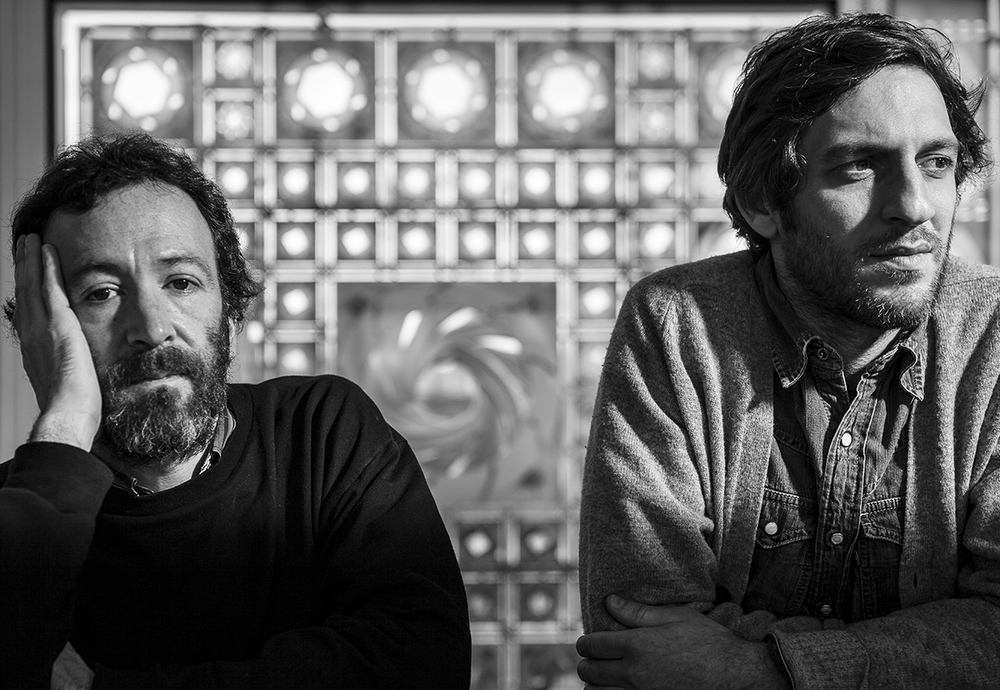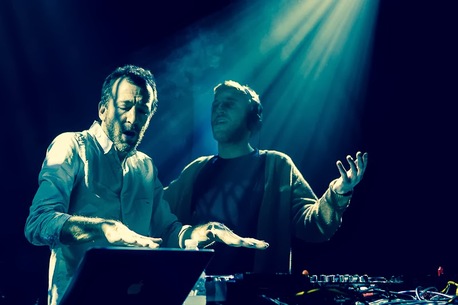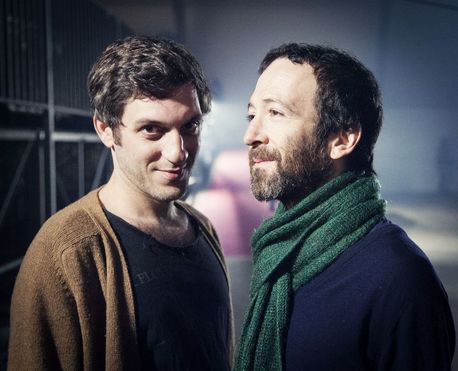Written by:
Dragos Rusu
Share article:
Patterns
I smell a sense of myth around the idea of singularity of human beings, while sapping from a glass of whisky on the rocks with Stutz at a party in Bucharest, where Acid Arab are playing in front of 700+ people. Control club is packed; if you, somehow, managed to get right in the middle, the ice in your glass would melt down even sooner than Jesus turned water into wine.
Among good sex, good food and other hedonistic pleasures, patterns are the things that keep us together, under the same roof of society, without even noticing it. Without them, life wouldn't probably be so easy. Up to a certain point, it's likely that the association of the words "acid" and "arab" might already elicit instant reactions from people who have never heard the name before. Because this is where the mental patterns arise: looking at the global music circuit, the past 5 - 8 years witnessed a growing and exciting interest in the outernational music field, embedded in all kinds of sounds, from oriental, Arabic, Turkish, Indian music, with the help of some respected record labels (and first of all - people), that took this job up to the most professional top level.


